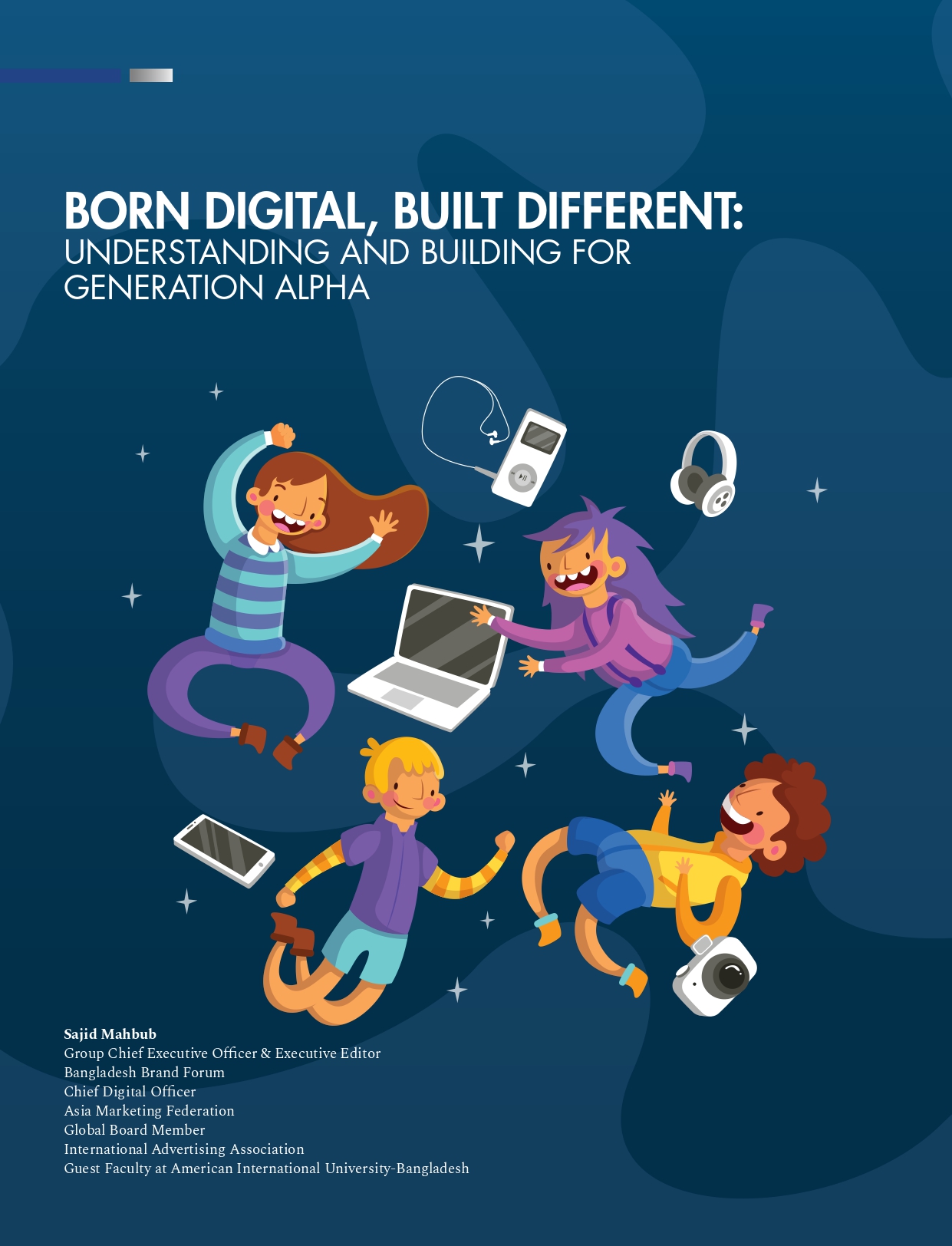From 2020 to 2021, the whole world is experience this extraordinary covid-19 pandemic. This has also become an extraordinary phenomenon in Indonesia, including DKI Jakarta. This pandemic is a big challenge for the government, especially in the health industry, including hospitals. The need for health services soared during this pandemic so that all hospitals experienced an increase in demand for hospitalization. Patients with COVID-19 in the DKI Jakarta area have experienced a very drastic increase, therefore there has been over capacity in several hospitals. The increase in the number of covid-19 patients has resulted in high patient complaints due to the slow service. The peak was in June to August 2021, there was a spike in covid-19 patients.
This research focused on ex-covid 19 patients at one private hospital type B (just called it Hospital X) in the North of Jakarta area. There is a phenomenon that the patient ex-covid-19 normally does not want people know that they have suffered for covid-19. Ex-covid-19 patient felt ashamed and fear of being avoided in the community. This situation raises the curiosity of hospitals whether ex-covid-19 patients want to do wordof-mouth (WoM) about hospital X. The other phenomenon is the decline of noncovid 19’s patients coming to Hospital X because they are afraid to visit and frightened in contacting with covid-19 patients. In the first quarter of the year 2020, there were 7226 patients but in the first quartal of the year 2021 the number of patients declined to 3716 patients.
In the hospital industry, service quality (servqual) is the biggest factor to encourage patient satisfaction and is willing to convey WoM (Anand, Bashir, 2013; Kitapci, Akdogan, & Dortyol, 2014; Fatima, Malik & Shabbir, 2018; Rehaman & Husnain, 2018). WoM is spontaneous. When consumers do WoM, it is expected that there will be a positive impact. Of course, there are many things that businesses must do so that WoM can improve the company’s reputation. WoM is sometimes more effective than advertising …



